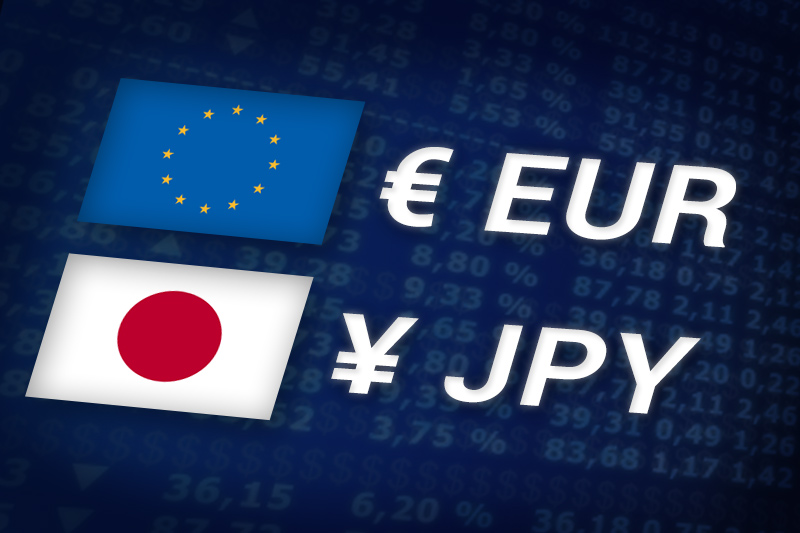Investing.com – The euro trimmed losses against the yen on Tuesday, easing off a five-day low hit earlier after Japanese government raised its assessment of the crisis at the Fukushima Daiichi nuclear plant to the same level as the 1986 Chernobyl disaster.
EUR/USD retreated from 120.14, the pair’s lowest since April 5, to hit 122.03 during European afternoon trade, still down 0.05% on the day.
The pair was likely to find support at 119.31, the low of April 5 and resistance at 123.31, Monday’s high and an 11-month high.
The yen’s gains came after Japan's Nuclear and Industrial Safety Agency said earlier that based on cumulative levels of radiation released, the severity of the nuclear crisis had been raised to seven, the worst on an internationally recognized scale.
It had previously been put at a five rating, on a par with the 1979 Three Mile Island incident in the United States. The announcement came as fresh aftershocks struck north-eastern Japan.
However, the single currency remained well supported after the European Central Bank raised interest rates last week and left the door open for further rate hikes this year.
The euro was also lower against the Swiss franc, with EUR/CHF shedding 0.65% to hit 1.3001.
Also Tuesday, the ZEW Center for European Economic Research said its German investor-expectations index recorded a sharper-than-expected decline in April.
EUR/USD retreated from 120.14, the pair’s lowest since April 5, to hit 122.03 during European afternoon trade, still down 0.05% on the day.
The pair was likely to find support at 119.31, the low of April 5 and resistance at 123.31, Monday’s high and an 11-month high.
The yen’s gains came after Japan's Nuclear and Industrial Safety Agency said earlier that based on cumulative levels of radiation released, the severity of the nuclear crisis had been raised to seven, the worst on an internationally recognized scale.
It had previously been put at a five rating, on a par with the 1979 Three Mile Island incident in the United States. The announcement came as fresh aftershocks struck north-eastern Japan.
However, the single currency remained well supported after the European Central Bank raised interest rates last week and left the door open for further rate hikes this year.
The euro was also lower against the Swiss franc, with EUR/CHF shedding 0.65% to hit 1.3001.
Also Tuesday, the ZEW Center for European Economic Research said its German investor-expectations index recorded a sharper-than-expected decline in April.
